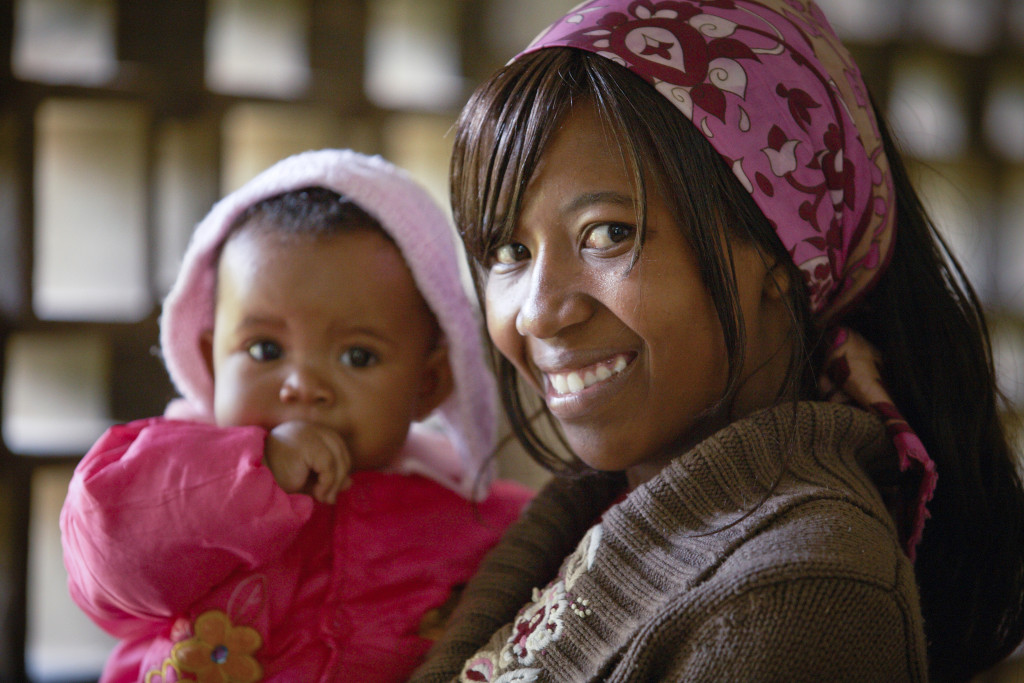The 21st SUN Country Network Meeting is focused on Equity and Gender
From 14 – 18 September 2015, the SUN Country Network came together via telephone and video conference for the 21st series of Country Network meetings. The thematic discussion on Equity and Gender encouraged discussion between countries and an opportunity to share and learn from one…
From 14 – 18 September 2015, the SUN Country Network came together via telephone and video conference for the 21st series of Country Network meetings. The thematic discussion on Equity and Gender encouraged discussion between countries and an opportunity to share and learn from one another. The 21st series of meetings brought together over 230 people from 46 SUN Countries.
Background about the thematic
Inequities associated with lack of access to early opportunities and adequate nutrition can undermine children’s health and development depriving them of the right to attain their full potential, thereby compromising their productivity and societal contributions. Financial, social, structural, and cultural barriers to services and interventions are common in the most marginalised and isolated subnational populations. Improving access to and use of services, such as equal access to education, public health services, legal rights, and political decisions, requires identification and overcoming of entrenched bottlenecks.
One of the most commonly deprived groups include women and girls. As a part of the quest to achieve gender equality, empowering this population group has increasingly been the focus of many development interventions. There is enough evidence that women empowerment can contribute to breaking the intergenerational cycle of malnutrition. Investing in women is considered beneficial for improving human capital formation especially in terms of child nutrition, health and education.
In response to the recommendations of the SUN Movement Independent Comprehensive Evaluation (ICE), SUN Countries shared that the following actions could contribute to strengthen their focus on equity and gender:
- Revision of national plans to include issues of women empowerment and nutrition
- Implement existing principles at the sectoral level and track equity and gender sensitive indicators
- Monitor and evaluate plans and programmes inclusive of women and marginalized groups regularly
- Build capacity for all participating actors to be more gender-sensitive
Facilitating questions
1. Have you undertaken a situational analysis to identify the presence of the most vulnerable population groups in the country and why they are considered as the most vulnerable groups in gaining equal access to opportunities for adequate nutrition?
If YES, please elaborate on the results of the analysis.
- How was the analysis undertaken?
- Who are the most deprived groups?
- Where are these groups present?
- In which fields do you find the largest inequities (access to education, public health
- services, agricultural services, legal rights, employment and wage, political decision, etc.)?
- What are the challenges in reaching out to these groups?
- Have you been able to overcome these challenges? If yes, how did you overcome them?
If no, please elaborate on if you would like to undertake such an analysis.
- How would you like to do it?
- What are the in-country resources that can be used for such an analysis (existing geo-
- spatial data, national surveys, other sectoral expertise, etc.)?
- What external support would help you strengthen these in-country resources?
2. As women and girls are one of the most commonly deprived groups, what are the successful concrete actions in place that have proven to be effective in empowering this population group? Please elaborate on why this was a successful action. How was this concrete action implemented and who were the actors involved? What are the significant outcomes of this success story and what is the difference that it has created since its implementation?
3. How was the impact of these successful actions on improved nutritional status measured? What are the monitoring tools used? Please elaborate on the effectiveness of these successful actions. How is the impact measured and how frequently? And how are the results used to inform better actions?
4. What are the lessons learned from the in-country experiences and what are the current challenges in addressing the identified inequities? How can the SUN Movement support SUN Countries to overcome them?
Download the concept note shared with SUN Countries prior to the meeting English | Français | Español
About SUN Country Network Meetings
SUN Country Network meetings bring together all SUN Countries are held every two months. They are a series of telephone and video conference calls held in English, French and Spanish. At each meeting, SUN Government Focal Points are encouraged to bring other members of their multi-stakeholder platform into the thematic discussion – including representatives from government and stakeholders who support the implementation of government policy, such as civil society and scientific groups, United Nations agencies, businesses and donor agencies. The meetings are organised by the SUN Movement Secretariat and represent an opportunity to update the SUN Country Network on Scaling up Nutrition Movement Priorities and Key Milestones in line with the strategic direction provided by the SUN Movement Lead Group, Coordinator and Executive Committee.
Visit the SUN Movement Country Network Meeting web page to find summary notes from previous calls: SUN Country Network Meetings
